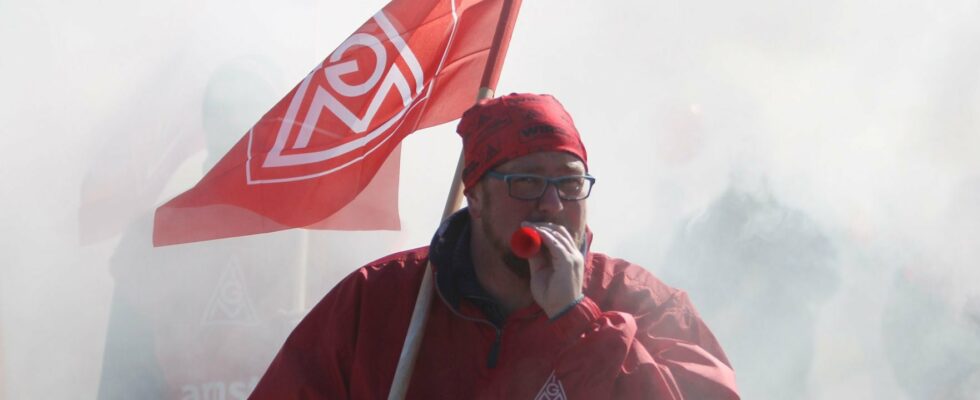Olaf Scholz is not the type to ignite crowds. Your monolithic, marmoreal face, it’s even rather… boring. This March 10, 2023, however, in front of an audience of journalists, the German Chancellor is cheerful. Soon, he announces, the country will experience a new “Wirtschaftswunder” (economic miracle). As during the golden decades (1950-1960). A year later, Germany was in recession and a hail of criticism fell on Scholz. No miracle, therefore, but the worst economic record since the Schröder years. Inflation, energy and housing crisis, demographics at half mast… The indicators are flashing red, even if Berlin, with little debt, retains a financial margin of maneuver that many envy.
We still need to be able to act. “The three parties in power [NDLR : sociaux-démocrates, verts et libéraux] don’t agree on anything, criticizes a keen observer in Brussels. Everything is blocked and will remain so until the federal elections in 2025.” A boulevard for the far right (AfD), which could soon become the second party in the country. Is Germany sick? It is unfortunately our diagnosis and this is very bad news because faced with a bellicose Russia and at a time of a possible return of Trump, Europe, on the contrary, needs a strong Germany.
EPISODE 1 – In Germany, the AfD is ever more extreme and ever more… popular
EPISODE 2 – War in Ukraine: Olaf Scholz, a difficult diplomacy that annoys the Elysée
EPISODE 3 – Failing trains, bridges in poor condition… Germany, a country in need of reconstruction
Empty stations, grounded planes, tractors on the highways… Traditionally, Germans were used to seeing these images in France. They are now part of their daily life. At the start of the year, the German railway company Deutsche Bahn experienced five months of conflict with the minority drivers’ union (GDL), accused of taking the country hostage for purely corporatist interests. In a country where 20% of goods are transported by rail, these repeated strikes (more than 200 hours) have seized up the entire supply chain of Europe’s largest economy.
End of an era
For several years, we have seen across the Rhine a deterioration in relations between unions and employers, which, however, had long made it possible to avoid strikes. Social dialogue, which has made the world of work special in Germany, is also suffering from the withdrawal of collective agreements from many companies, which now negotiate “in-house” salaries. “The new generation of managers no longer believes in social peace as a driver of productivity,” says Timm Bönke, expert at the German Institute for Economic Research in Berlin. The end of an era.
